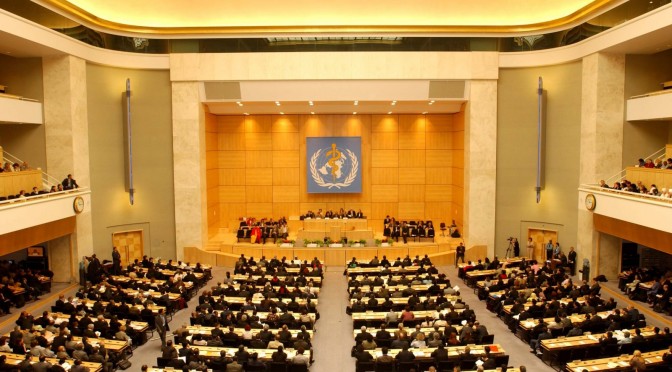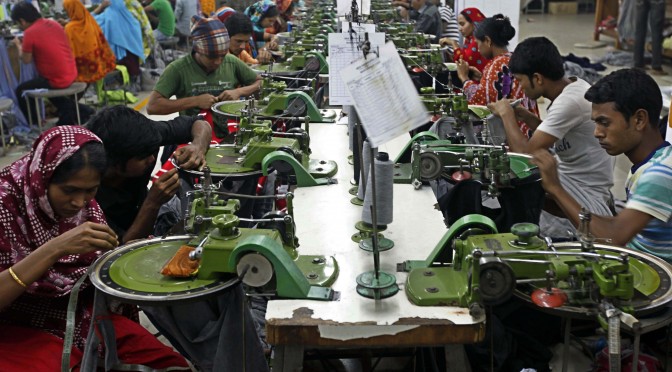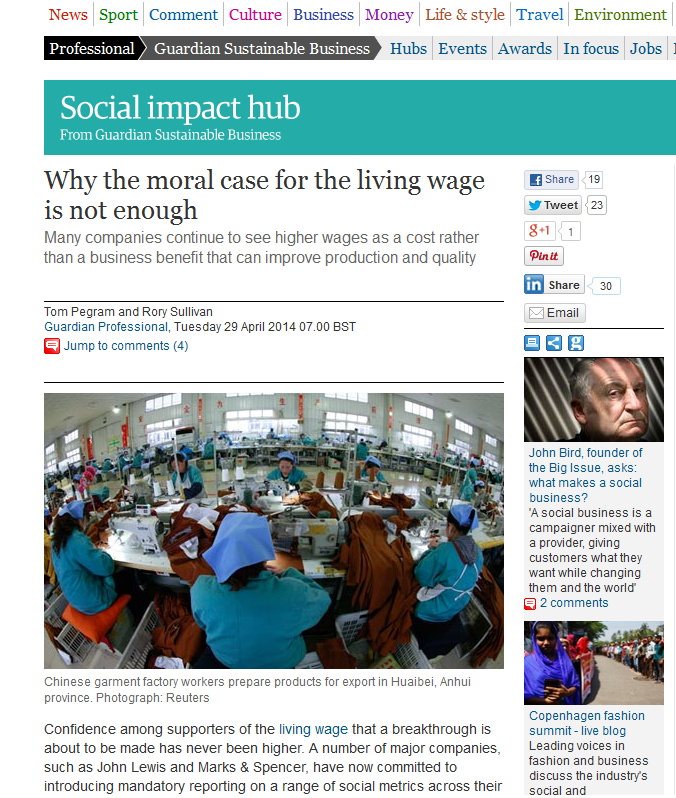Together with Par Engstrom (UCL Institute of the Americas), I am currently in Latin America conducting fieldwork on torture prevention in the region. Specifically, our research is concerned with the question of what factors contribute to reducing the risk of torture and other ill-treatment across weakly institutionalized democratic settings in Latin America.
Category Archives: Human rights
Transitional Justice In Peru (Rebecca K. Root) – Review
I have published a review of Rebecca K. Root’s compelling book on Transitional Justice in Peru in the Journal of Latin American Studies. The review can be read here.
The study of transitional justice is now firmly established in a large scholarly and policy literature. However, while much attention has been paid to emblematic country cases, such as Argentina, or the extraordinary development of international criminal tribunals other experiments with transitional justice have received less attention.
Perhaps more than most, Peru merits careful consideration for what it can tell us about both the scholarship and practice of transitional justice. This is the task Rebecca K. Root sets out to achieve in her compelling and richly-detailed account of transitional justice in Peru.
Continue reading Transitional Justice In Peru (Rebecca K. Root) – Review
Lifestyle diseases make global health promotion more difficult than ever
Dr Sarah Hawkes at UCL Institute of Global Health and I have published an article on global health governance and non-communicable diseases in The Conversation.
Why the moral case for the living wage is not enough
I have published an article in the Guardian on the living wage with Rory Sullivan. This was based on a lively debate we hosted at UCL Institute of Global Governance on 3 April. The article can be found here.
The role of Ombudsmen in advancing Open Government
I participated in a webinar today hosted by the World Bank in association with the International Ombudsman Institute. The focus was on on the role of the ombudsman in advancing Open Government based on my research on ombudsmen, principally in Latin America – but applicable to other democratic settings. In a nutshell: ombudsmen can be Information-Brokers, Advocates, Amplifiers and Consensus-Builders for Open Government. The powerpoint is available here.
We often associate the ombudsman with Sweden and advanced democracies, they can now be found in very diverse political systems, from South Africa to Indonesia to Peru and Poland. It is important not to underestimate the potential challenges which open government advocates encounter in weakly institutionalized or are sometimes referred to as new democracies. These ombudsmen operate in settings where formal rules – particularly at the local sub-national level – are often contested, changed, and routinely violated. In turn, in political systems which have limited experience of liberal democracy, public officials may view election to political office more as implying responsibility, than accountability.
Continue reading The role of Ombudsmen in advancing Open Government






